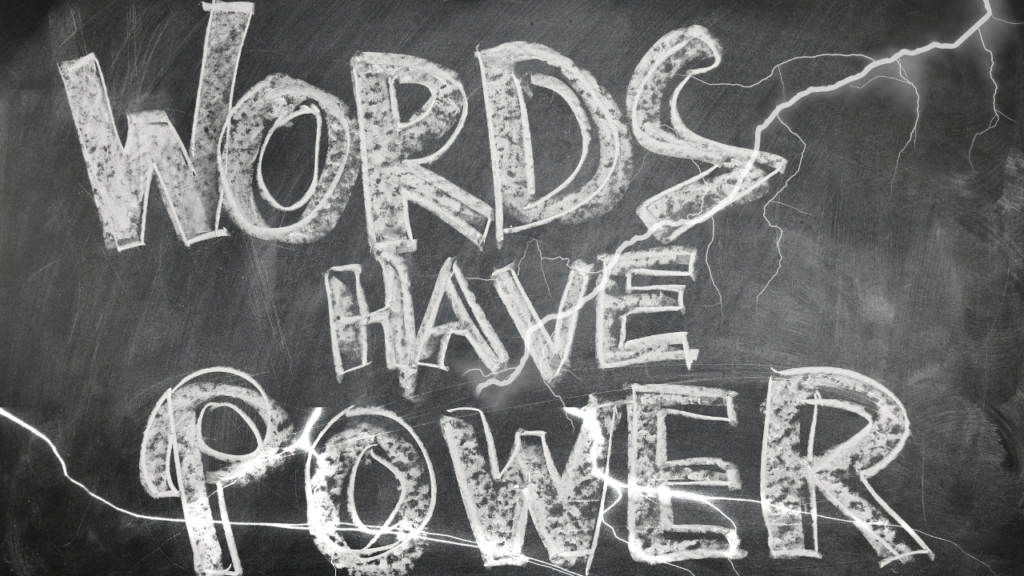Fun games play a crucial role in improving vocabulary. Gamification and games-based learning help to engage kids and retain their attention. These 10 fun games help to boost English vocabulary.
The following reasons explain why they are important: –
- Enhances retention: Playing games makes learning easier, creating a stress-free environment. Children remember new words in the long run. This leads to cognitive growth.
- Enhances active learning: Game-based learning requires active participation of children and their brain engages in the activity. It helps them to be creative and exercise their brains.
- Improves contextual understanding: Some word games help children better understand how to use words to make sentences and phrases. They learn the context in which words can be spoken and comprehend different nuances of words.
- Boosts creativity: Learners think out of the box. They stretch the limits of their imagination and learn how to use words in sentences and stories. Moreover, the expansion of vocabulary improves confidence.
- Promotes collaboration and social learning: Games-based learning motivates children to interact with each other. When they communicate, children learn vocabulary. They develop ideas together and share knowledge effectively.
- Builds confidence: When a child wins a word game, he develops confidence. They learn to use new vocabulary effortlessly and fearlessly.
- Makes repetition enjoyable: Children memorize new words by repetition. Games make learning less monotonous and boring. Reinforcement is essential to learning new words. Play is natural for children and repetition of words in a playful way fosters learning.
- Learners of all age groups: Kids learn words to understand English. On the other hand, adults want to improve their vocabulary for success in their careers. Word games can be adapted to suit any age group.

The 10 Fun Games to Boost Vocabulary:
The 10 fun games to enhance English vocabulary constructively are:
1. Word Association
As the name suggests in this game one word is related to another word. So, children learn to associate one word with the other word. This game widens their knowledge about words.
Skills Acquired: Linking words, quick thinking.
How to play: The game begins when the first team player says a word and the second player says a related word. The game continues till the children say such related words. For a word, the player gets a point and for every wrong word, a point is deducted.
Example: Tree – forest – plant – word – root – bark – trunk – leaf – branch.
Moon – lunar – comet – galaxy – planet – orbit – night – sky.
2. Charades with words:
Charades is a word-guessing game. In this game, a student acts out a word and others guess the word. It is a team game in which students communicate while staying silent.
Skills Acquired: Comprehending meaning through actions and developing non-verbal communication skills.
How to play: Divide the players into teams. Mentor writes the vocabulary words on slips of paper. One of the students enacts the word by remaining silent. The other students in the team guess the word. Children play the game with great fun. The person who guesses the word correctly gets a point.
Example words: swim, cry, laugh, tear, pray.
3. Vocabulary Bingo:
Bingo is an expression of astonishment. Vocabulary bingo is the zeal or excitement associated with recognizing a word. It is a wonderful fun game to improve language skills.
Skills acquired: Word recognition and building vocabulary.
How to play: A bingo card and a marker is given to the players. The teacher writes definitions, sentences, or synonyms for each word. The other players recognize the correct word and mark it on the card. The mentor can decide the winning patterns, for example, horizontal, vertical, and diagonal. The players shout the word bingo when they finish the required pattern.
For example: Expensive – (Clue) Costing a lot of money.
Sun – (Clue) the star that shines during the day.
Tranquility – (Clue) a state of peace.

4. Word Hunt:
- As the name suggests the players look for the words in the game. Children are asked to find as many words as possible within a classroom.
Skills acquired: Critical thinking skills and spelling.
How to play: Make a grid of letters with words hidden in the grid. The theme could be animals, flowers, fruits, etc. Players find the words by joining adjacent letters. The players get a score according to the word length.
5. Pictionary:
It is an interesting game that adheres to visualization. Children get a chance to draw words.
Skills acquired: Creativity and logical thinking.
How to play: The players are divided into teams. Vocabulary words are written on small pieces of paper and placed in a bowl. A player from one team picks a word and draws without speaking. The players from another team guess the word within the prescribed time limit.
Example: Car, house, cat.

6. Hangman:
This game encourages children to guess an unknown word. It creates a sense of urgency and accuracy.
Skills acquired: Social skills, spelling, and pronunciation.
How to play: A player guesses letters and completes a word before the player makes a stick figure of a hanged man for each wrong answer. The other players keep guessing until they answer correctly. The correct answers are written in the blank spaces. The different parts of hangman drawing include; the head, body, arms, and legs.
For example:
Player 1: Is there an A?
Player 2 : Yes, _ _ A _ _
Player 2: Is there an R?
Player 4: Yes, _ _ A _ R.
Answer: Chair
7. Word Ladder:
- As rungs in a ladder help to climb or descend. Similarly, in it, one word is transformed into another by changing a letter.
Skills acquired: Concentration and pronunciation skills.
How to play: The words should be of the same length. Each player changes a letter to make a new word. The letters cannot be rearranged. The player gets points for the right words created in the ladder. The players are encouraged to complete the words in the fewest steps. The player who completes the ladder first wins.
For example:
Start with “Rat”
Change R to B: “Bat”
Change B to H: “Hat”

8. Synonym / Antonym Match:
A synonym is a word that has the same meaning while an antonym is a word that has a opposite meaning.
In this game, the participants have to match one synonym with another. Students are asked about antonyms and synonyms for a given word. The difficulty level can be increased for an extra challenge. Players are given a board consisting of several words. When the teacher calls out a word, students tick the synonym or antonym of that word on their board. The game can be played at the end of the day.
Skills Learned: Learn antonyms and synonyms, master alternative words, and improve descriptive writing.
For example:
| Word | Synonym | Antonym |
| Capable | Competent | Incompent |
| Comprise | Include | Reject |
| Reluctant | Cautious | Eager |
| Prompt | Punctual | Slow |
| Pompous | Arrogant | Humble |
| Modest | Humble | Arrogant |
9. 20 Questions:
Skills learned: Critical thinking, understanding of word meaning.
How to play: A player thinks of a word. The other players ask yes or no questions to guess that word. Maximum of 20 questions can be asked to that player. The player that asks a lesser number of questions to figure out the word, wins the fun game.
For example: Is it an animal?
Yes
Is it a common pet?
Yes
Does it eat grass?
No
Is it called “Man’s best friend”?
Yes
Answer: Dog
10. Word Jumble:
In this game, players learn to unscramble letters to form meaningful words.
Skills Learned: Word recognition, memorizing spellings, developing problem-solving skills.
How to play: The jumbled version of the word is written on paper. (e.g. A N O M G for “MANGO”. Players hurry to unscramble the word. The mentor can give hints to difficult words. For example, ‘Is it a fruit?’ Yes, ‘Is it red in color?’, No. One can curate a longer jumble for advanced players. This adds complexity to the game.
These games make learning enjoyable and enhance retention. Incorporating such games into classes fosters a love for words among children. Learners of all age groups can improve their vocabulary. So, what are you waiting for, pick a game and make learning fun!
Also Read in English Vedas:
- Sentences for Class 2 in English: Simple and Easy :
- How to Introduce Yourself: 5 Best Ways:
- Creative English Activities for Class 2:

Written by Sukhjit Kaur, English educator with 17+ years of experience helping students master grammar and writing. Through EnglishVedas.com, she simplifies English grammar using examples from daily life and classrooms.

